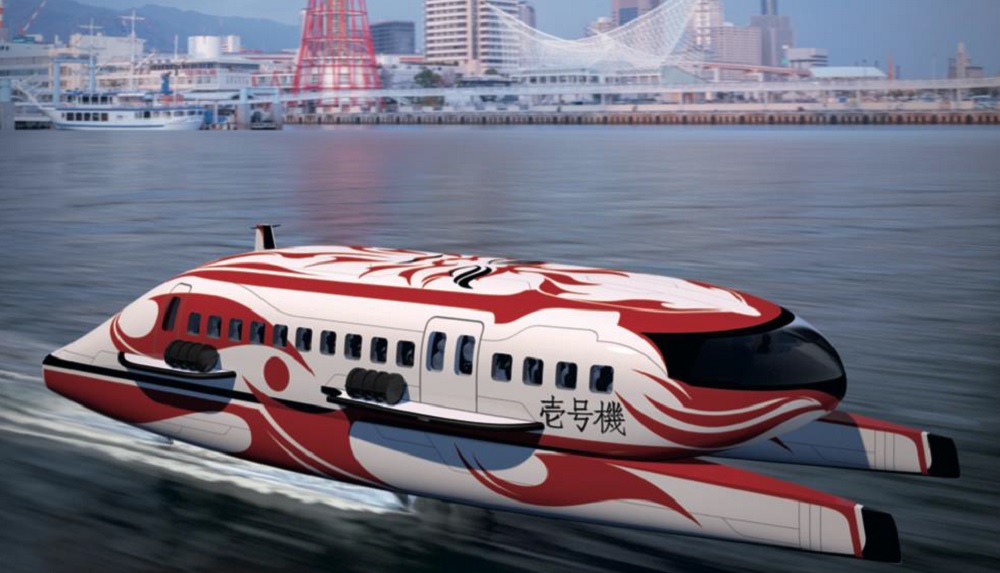Swiss cutting-edge space & naval company Almatech, e5 Lab agree on partnership to decarbonize short-distance passenger transport in Japan
e5 Lab, Inc. has announced that e5 Lab, whose mission is to realize a sustainable society through electrification and digitalization of ocean-going vessels, and Almatech SA in the industry-academia Swiss Federal Institute of Technology in Lausanne (EPFL) Innovation Park, agreed on a partnership to promote the Zero Emission Speed ShuTtle (ZESST) and enter the Japanese market. ZESST is an innovative hydrogen-fueled, electric-powered, zero-emission passenger shuttle vessel developed by Almatech.

This partnership was signed by videoconference at 16:30 Japan time (9:30 Swiss time) on May 19, 2021, at the Swiss Embassy in Japan and EPFL Innovation Park. Engineers at Almatech, who have been involved in space technology development and naval architecture for more than 12 years, spent about three years developing ZESST.
This hydrogen-fueled shuttle is equipped with high-efficiency hydrogen fuel cells and lithium-ion batteries. Energy consumption per passenger/cruising range is about one-fifth of conventional diesel engine-powered vessels. The hull structure, which uses new-generation composites made with plant-based fibers, realizes a further reduction in the vessel’s environmental impact. Because ZESST combines speed, comfort, and safety, and uses no fossil fuels at all, it does not exhaust GHGs, SOx, NOx, and PMs, and generates minimal wake and noise. Japan, as a maritime nation, is expected to adopt it as the next-generation Mobility as a Service (MaaS) on the water. The design is adaptable to vessels of various sizes (50~400 passengers) based on a modularized core system.
The ocean shipping industry is one of the sectors aiming to reduce GHG emissions on a global scale, and Japan, as an island country surrounded by sea, also faces urgent and specific needs to reduce GHG output.
Swiss high-tech company, established in EPFL Innovation Park in 2009, specializing in development and realization of complex systems related to space technology and naval architecture. One of its main projects is construction of the entire structure of the Switzerland’s first space telescope, CHaracterising ExOPlanets Satellite (CHEOPS), for the European Space Agency. In 2011, Almatech participated in the Hydroptère project, which aimed to develop a new type of high-speed yacht, and set a world water speed record using hydrofoils optimized by Almatech.